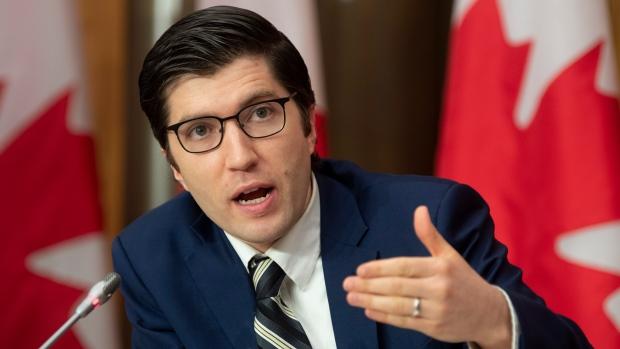The House of Commons public accounts committee has voted to call on the government to ban federal employees from taking on contract work from governmental departments. The vote comes as the committee’s investigation into ArriveCan continues.
“It should be disallowed, that you have somebody making money both as a government employee and an external contractor,” said Conservative MP Garnett Genuis at the committee meeting on March 6, as first reported by Blacklock’s Reporter.





